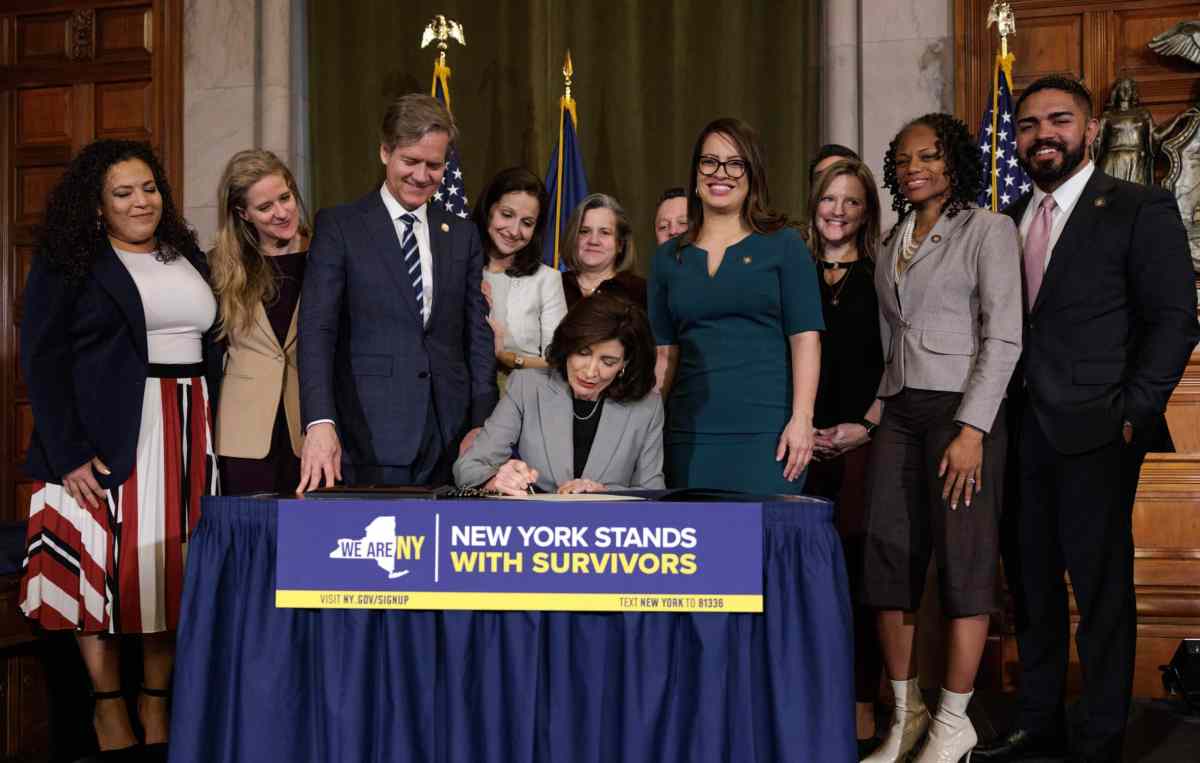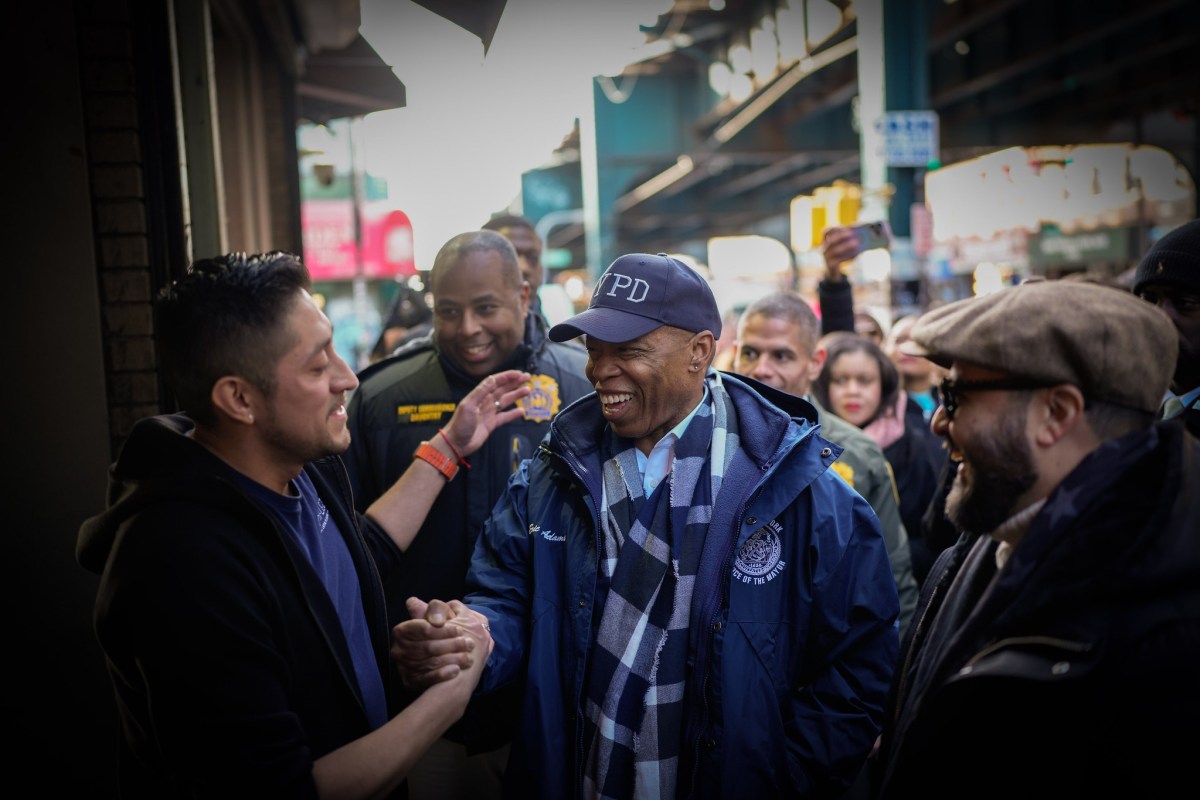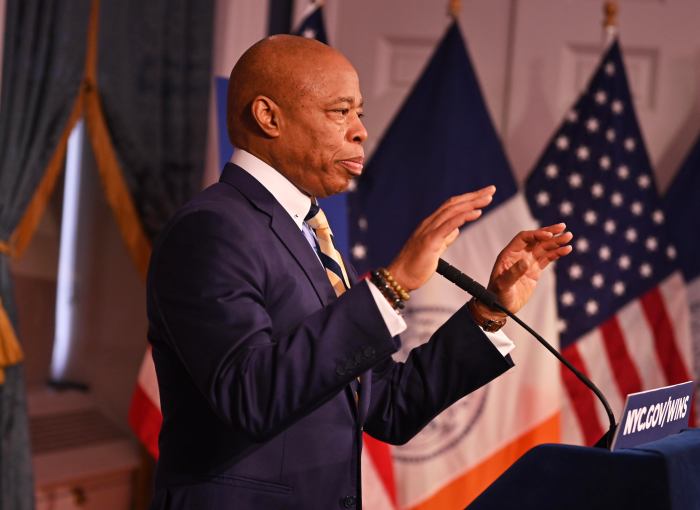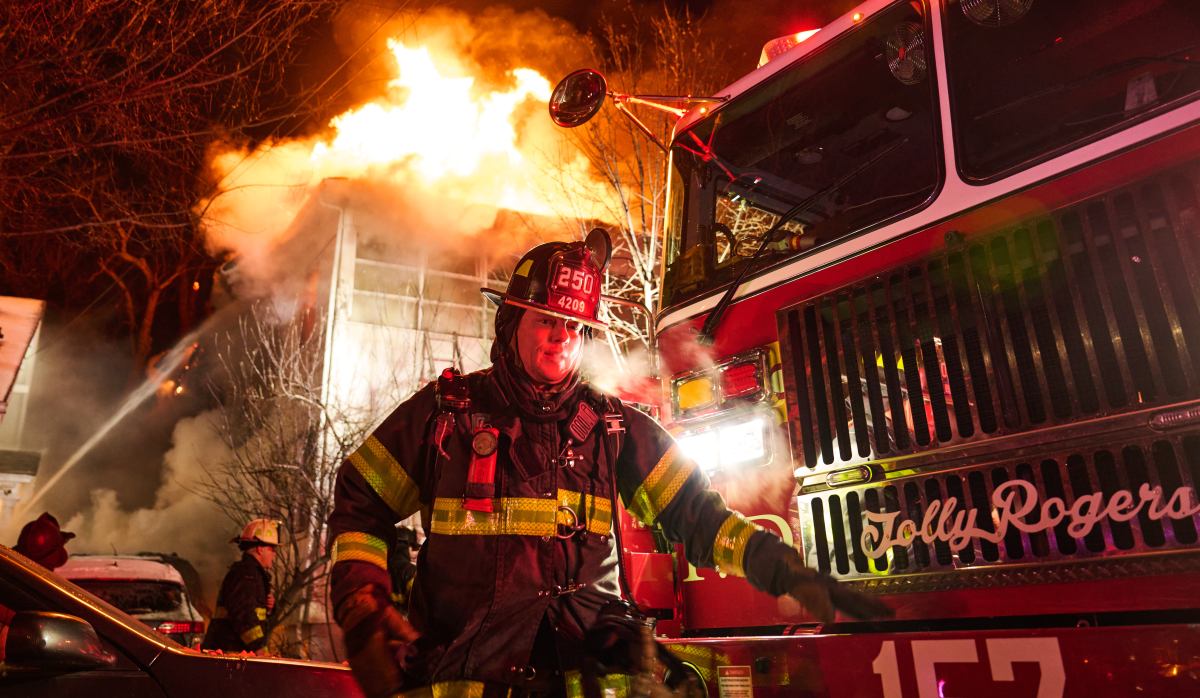Gov. Kathy Hochul on Tuesday signed the “Rape is Rape Act,” officially expanding the criminal code to include more forms of sexual violence.
“Today is about the survivors. It’s about aligning the letter of the law with the pain in their hearts,” Hochul said. “It’s about calling out vile and horrific acts for what they are, so survivors can reclaim their power and dignity. It’s about backing them with the full force of our justice system so those who commit rape are charged accordingly.”
Sponsored by Queens Assembly Member Catalina Cruz and Manhattan state Sen. Brad Hoylman-Sigal, the bill seeks to redefine rape to include nonconsensual sex acts that do not involve vaginal penetration, which had previously been excluded under the criminal definition of the crime.
“Rape is Rape, plain and simple. In New York State we cannot allow outdated, heteronormative notions of sex to limit our ability to acknowledge that fact, and to hold those who commit acts of sexual violence accountable,” said Hoylman-Sigal in a statement.
The assembly had previously approved the bill 12 times, but the legislation failed to gain majority support in the upper legislative chamber until it passed the senate late last year.
Hochul signed the legislation on Tuesday, and the new criminal laws will take effect in September.
The rape trial of Lydia Cuomo
The law was first inspired by Lydia Cuomo, an elementary school teacher, who was sexually assaulted in 2011 by an inebriated off-duty police officer, Michael Pena. The suspect approached the 25-year-old brandishing his NYPD-issued gun and forced her to perform sexual acts on him.
While he was charged with rape, Pena was acquitted on that charge because the prosecutors could not prove that he had vaginally penetrated Cuomo. He was instead convicted of lesser charges, including criminal sexual act and predatory sexual conduct.
The Rape is Rape Act will now expand the criminal code to more widely define the crime, and include oral and anal penetration as grounds for conviction of the crime.
“I extend my deepest gratitude to Lydia Cuomo for her bravery on behalf of survivors. She endured the unimaginable and helped lead the way to justice for others,” said Cruz.
Cuomo, for her part, praised the passage of the law, and spoke of the “hopelessness” she felt for over a decade while the bill had failed to gain enough support in the legislature.
“It has been 15 years from the moment I was brutally raped and the law failed me. The definition of rape refused to recognize what happened to me as such and allowed my assailant to walk away with merely a sexual assault conviction during the trial,” he said. “Over the years as I saw the passing of the “Rape is Rape” Act 11 times in the Assembly but fail to become law, I felt hopeless. But now…it will officially become law.”
Originally introduced in the Assembly by former Queens legislator Aravella Simotas, the bill languished in the upper chamber despite years of advocacy from Cuomo and fellow supporters.
“Words have power. By modernizing antiquated rape laws, we acknowledge the trauma survivors experience and take one step closer to equality,” said Simotas. “This critical change would not be possible without Lydia Cuomo, who turned tragedy into triumph. She traveled to Albany to tell her story and educate legislators, lawyers and the world about the effects of bad, misogynistic and homophobic definitions to our penal code.”
Passed last year, Hochul said she worked with local prosecutors to ensure that the bill’s language was clear enough and would pass muster in the courts, which led to a series of tweaks to the legislation earlier this week — before she ultimately signed it on Tuesday.
“Roughly 90 percent of rape survivors are women, but the problem is rape is very difficult to prosecute. That’s because New York’s archaic laws define rape in very narrow terms,” Hochul said. “Physical technicalities confuse jurors and humiliate survivors and create a legal gray area that defendants exploit.”
“Now, rape will be treated like the horrific crime that it is. So, I’m here today to say the voices have been heard; reaffirm that justice will be served.”



































